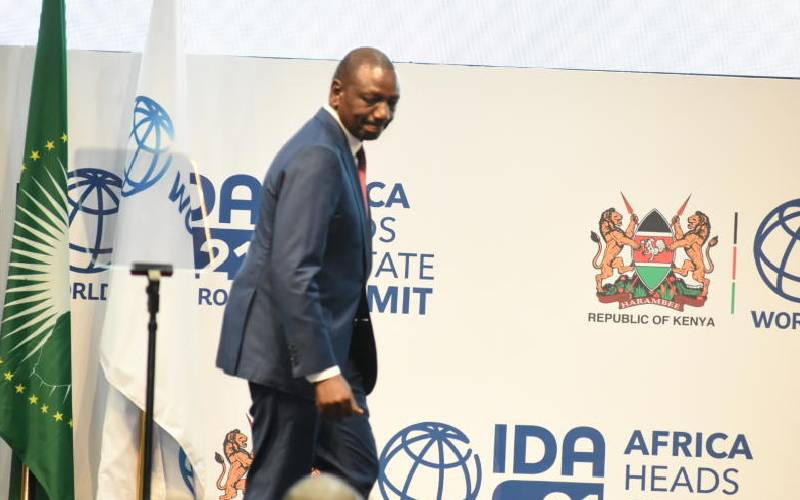
Kenya and the United States share some things. Besides starting as rebellious British colonies, they hold regular presidential elections, and occasionally experience challenges in the conduct and outcomes of elections. The US has had more influence on Kenyan elections and developments than Kenya has had on the US. When occasionally Kenya appears to have small input in the American election, the loser is not amused.
In contrast, Americans of influence actively campaign and fund their favourite Kenyan candidates. Over time, three Kenyans stood out as perceived point men for American interests in Africa. They were Tom Mboya in the 1950s and early 1960s, Raila Odinga in the 2000s, and now William Ruto as Joe Biden's point man. Biden inviting Ruto to Washington in a US election year has electoral nuances not lost to Donald Trump's camp.